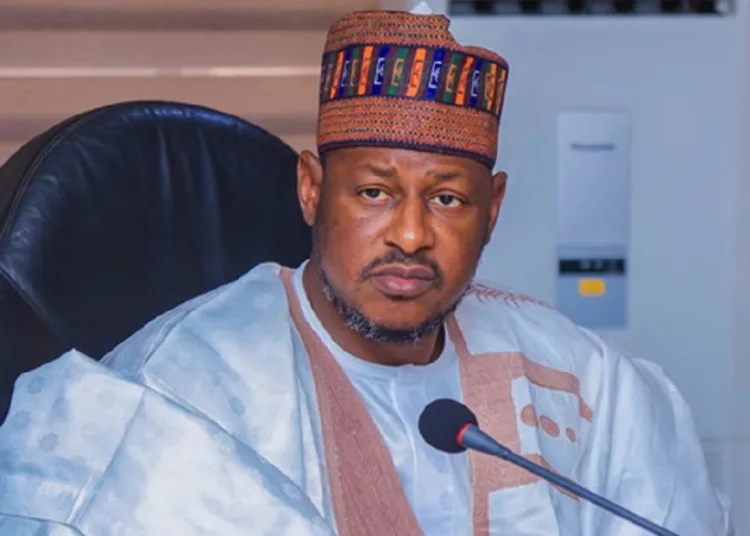I read with keen interest my brother Abdu Labaran Malumfashi’s recent piece, “Holidaying Governor, Come Back!” The passion in his lament is understandable; no one should downplay the tragedy of losing innocent worshippers in Malumfashi. Yet, passion must not cloud judgment. Let us carefully put things in perspective.
First, Governor Dikko Umar Radda did not abandon Katsina for a “holiday selfie.” He formally transmitted power to his deputy, Faruk Lawal Jobe, in line with constitutional provisions. This is precisely how governance is designed to function: continuity, even in the governor’s absence. To suggest that governance halts unless the governor personally sits in Katsina is not only unfair but also belittles the Office of the Deputy Governor. If Jobe is “brilliant,” as Malumfashi conceded, then he deserves trust to act in the governor’s stead.
Second, blaming Radda’s medical leave for the bandits’ savagery is misplaced. Banditry in Katsina did not begin with his administration; it is a decade-long national scourge that has defied successive governments. If every governor or president must remain glued to office during crises, neither Yar’adua nor Buhari would have been entitled to medical trips abroad. Leaders are humans, not superhumans; medical attention is not a luxury but a necessity.
Ironically, Malumfashi admits that Governor Radda has been one of the most proactive leaders on security matters. He challenged the military high command for alleged compromise, established the Katsina Community Watch Corps, pushed for the death penalty against informants, and even led North-West governors to the US for strategic security consultations. These are not the actions of a complacent leader. To praise such steps in one breath, and then accuse the same man of “choosing the most inauspicious time” to seek treatment, is a contradiction.
Third, some of the claims advanced lack grounding. Was it 13 or 23 killed? Malumfashi relies on “some people claimed.” This is dangerous in sensitive matters. Numbers in security tragedies must come from verified sources, not hearsay.
Similarly, citing a trending video of a bandit kingpin who claims “we are working for the government” is problematic. Criminals thrive on propaganda. Repeating their words uncritically gives oxygen to lies designed to demoralise citizens.
Fourth, it is crucial to separate state from federal responsibility.
Constitutionally, security is in the hands of the federal government—the Army, the Police, the DSS, and the Air Force. The governor has no command over these institutions. Yes, he must coordinate, pressure, and innovate at the state level, and he has. But to hang the weight of federal security failures solely on his neck is selective outrage. Even President Tinubu, with all the national apparatus at his disposal, struggles to stamp out insurgency in the North-West. Should we then say he should not travel for international summits?
Fifth, the repeated dismissal of highway protests and the frustration of ordinary people should not be twisted into proof of Radda’s failure. On the contrary, it reflects the depth of a national crisis. If protests alone could solve insecurity, then Nigeria would have been safe long ago. However, Radda’s effort to institutionalise responses through the Community Watch Corps is a more sustainable step than ad-hoc road blockades.
Lastly, calling the governor to “cut short his leave” ignores reality. The Acting Governor is in charge. Security agencies remain operational. And Radda will return. What matters is not his physical location on any given day, but the structures he has built to confront insecurity. On that front, he has shown courage, while others prefer silence.
Yes, the killings in Malumfashi are painful. Yes, the people’s anger is justified. But anger should not blind us to facts: Radda is among the few governors who have openly confronted both bandits and compromised officials while pushing for homegrown solutions. Governance is not theatre. It does not collapse because the governor is abroad for three weeks. The system continues.
So rather than call for his return in panic, let us strengthen the structures he has set in motion, hold federal and state actors accountable, and avoid spreading unverified tales that only embolden the enemies of peace.
May God console the families of the victims, protect Katsina, and grant lasting peace to our communities.





